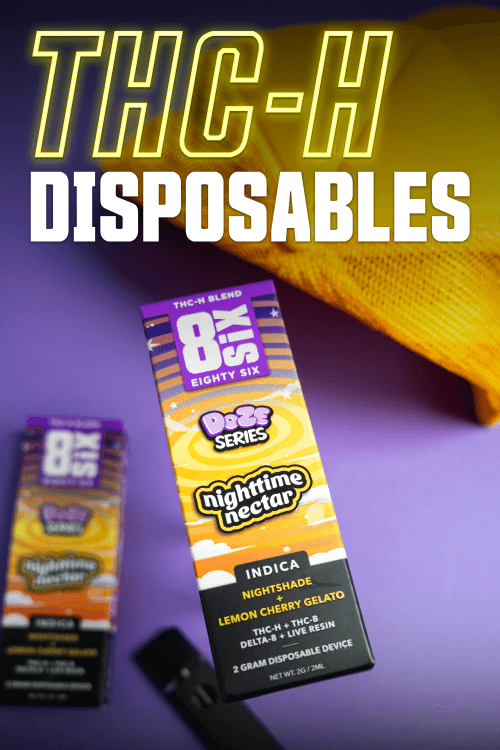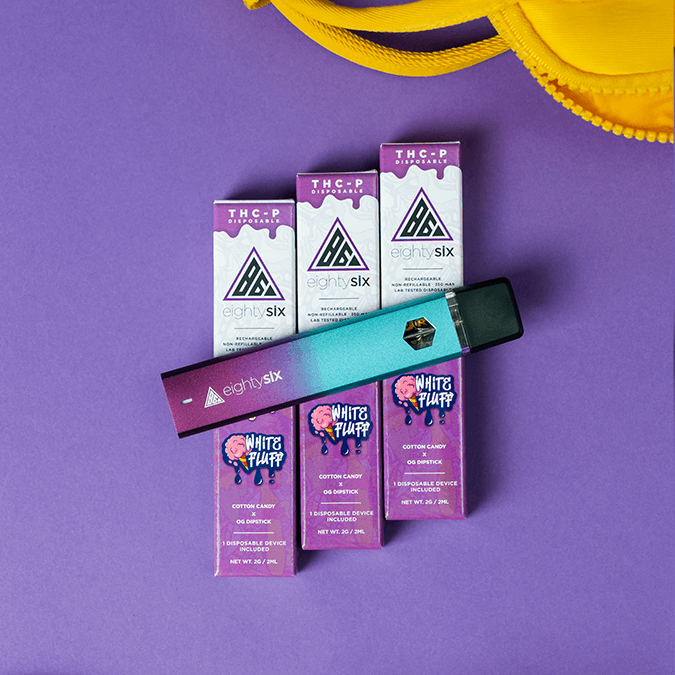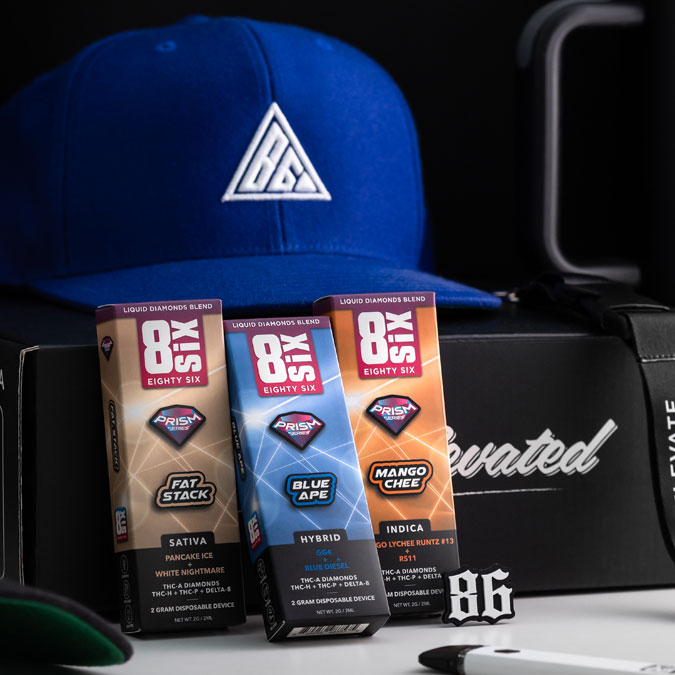A wild ride is waiting for you!
What Is THC-P, Anyway?
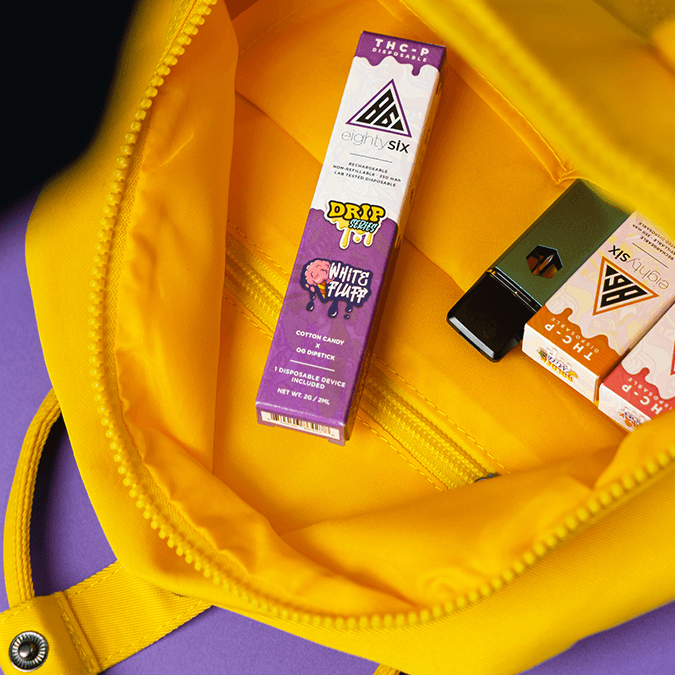
THC-P is taking the world by storm. A new level of high. The only difference between THC-P and THC is the addition of two extra carbon atoms in THC-P’s chemical structure.
Here’s what we do know: THC-P is more potent than THC. The primary selling point of THC-P is its psychoactive effects. The people who’ve tried THC-P suggested the effects of THC-P were 5 to 10 times stronger than regular THC. According to multiple studies, like this one from Vaping Vibe, it’s been proven that THC-P is incredibly potent.
THC-P Potency
Some people have reported that THC-P is 33 times stronger than THC; however, this is debatable. Yes, THC-P has 33 times the binding affinity for the CB1 and CB2 cannabinoid receptors than delta 9 THC, but that doesn’t make the effects 33 times more powerful. Let’s face it, that would be one hell of a high if the effects were 33 times stronger.
THC-P is almost indistinguishable from THC in its molecular structure, except for the fact that it contains a 7-carbon chain instead of a 5-carbon alkyl chain. Previous research has shown that for THC to have any psychoactive effects, it must have a minimum of 3 carbons on the chain, with the strength of the effects increasing as the number of carbons increases (though there are limitations to this).
Plus, since THC-P has a stronger psychoactive potency even at lower doses, taking too much of it could lead to some unwanted side effects like paranoia, dizziness, dry mouth, and feeling lethargic.
Also, THC-P is naturally found in really small amounts, so it’s hard to know how it affects the overall impact of cannabis. There’s a theory that it could be the reason why some cannabis strains are stronger than others even if they have the same amount of THC, but we don’t know if that’s true.
Eighty-Six offers an entire line of THC-P for you to choose from, if you’re ready for some crazy-high potency.
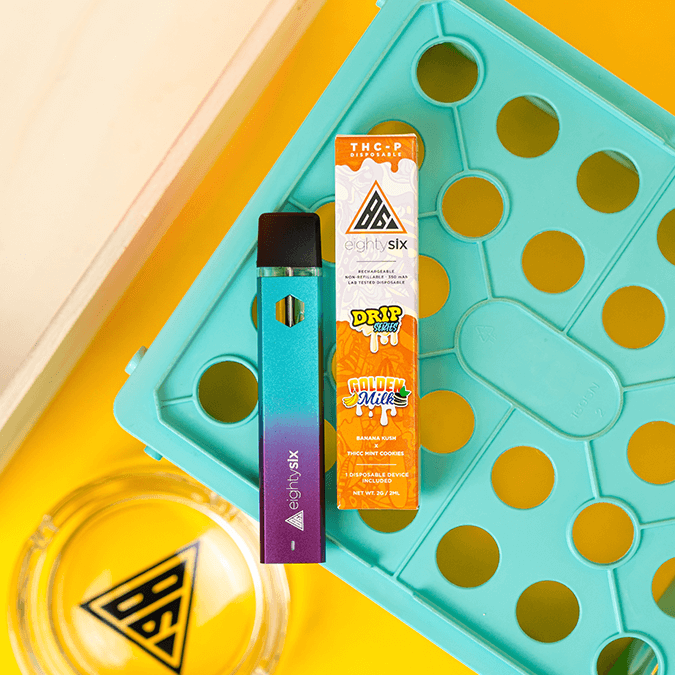
What Does It Feel Like?
THC-P and THC both interact with the endocannabinoid system (ECS), but THC-P has a stronger affinity for cannabinoid receptors, particularly the CB1 receptors that play a crucial role in regulating neurotransmitter release in the brain. In fact, THC-P can bind to CB1 receptors up to 33 times more effectively than THC. This is an exciting development that holds promise for future research.
What’s more, THC-P can impact ECS functions with a smaller amount of the compound, thanks to its potent binding ability throughout the body. This means that THC-P could offer many of the same benefits as Delta-9 THC, including pain relief, improved appetite and digestion, relaxation, and better sleep.
THCP, can produce a really strong high – like up to ten times stronger than regular THC. People describe it as a psychedelic experience that’s almost three-dimensional. But here’s the thing: because it’s so much more potent, you don’t need as much of it to feel the same effects as regular THC. The big difference is how active it is in your body – THCP is like 30 times more active than THC, which means it hits you way harder. So just be careful with your dosage, especially if you’ve had bad reactions to THC in the past.
